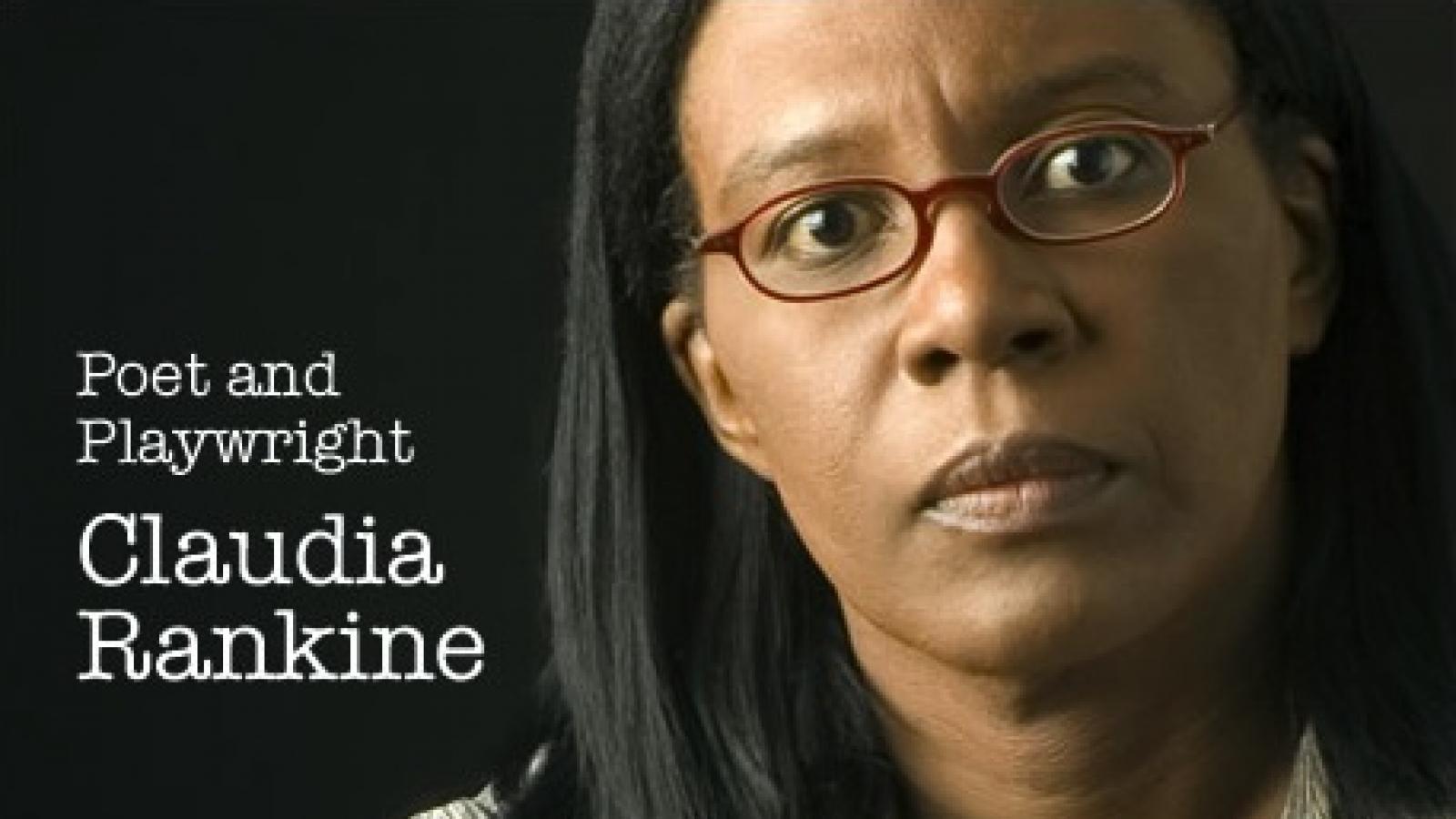Notable Quotable: Claudia Rankine on Everything

In 2011, several years before she published her award-winning book Citizen: An American Lyric, Claudia Rankine, a poet and playwright, was already experimenting with form and tackling thorny subjects like the tricky balance between community redevelopment and gentrification. When our audio producer Jo Reed spoke to Rankine, it was about The Provenance of Beauty: A South Bronx Travelogue, a site-specific play that took place on a school bus as it toured the South Bronx in New York City. The podcast is particularly noteworthy because it doesn't just talk about the end product of the play, but also gives listeners an inside look at Rankine's creative process. We've pulled out several of our favorite quotes below. You can listen to the full podcast here.
And come hear form Rankine in person at the National Book Festival upcoming on September 5. She'll be one of several writers, including several NEA Literature Fellows, appearing on the NEA stage at the festival.
Now, here's Claudia Rankine having her say...
"The way I put together books has to do with thinking about how to orchestrate the experience of reading, which means that I try and build into the text places where the mind can wander and I often work interdisciplinary and they're images and text, and I want the reader to be able to go away and come back."
"There is no form without content for one, I think; I really believe that the content determines the form…. I don't think that you can move forward successfully unless whatever it is you're talking about adapts itself to the vessel that it's in…"
"Reading is a kind of listening, and it's also a kind of seeing, and a kind of remembering and all of those things are constantly in play as you are taking in this text."
"There's also that sense that actually all of thinking is collaborative and you're constantly in community pulling from those around you and so the sense that the writer is alone, actually the writer is not alone, the writer all day long is listening and taking and reading and taking and considering and taking and it's finding its way back into the text."




